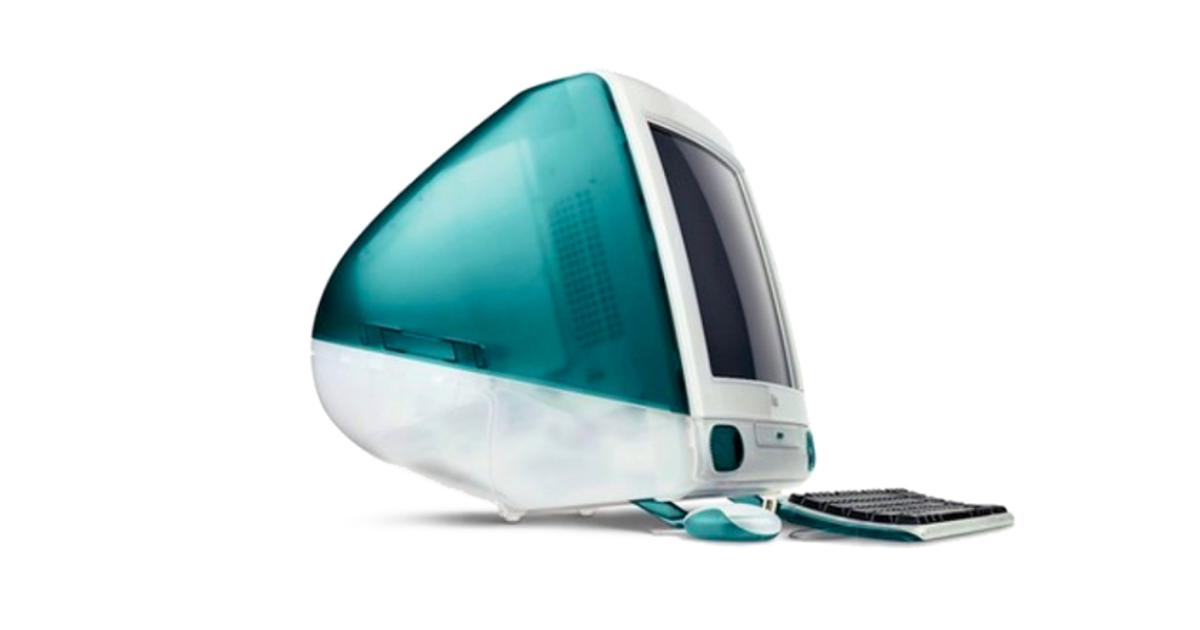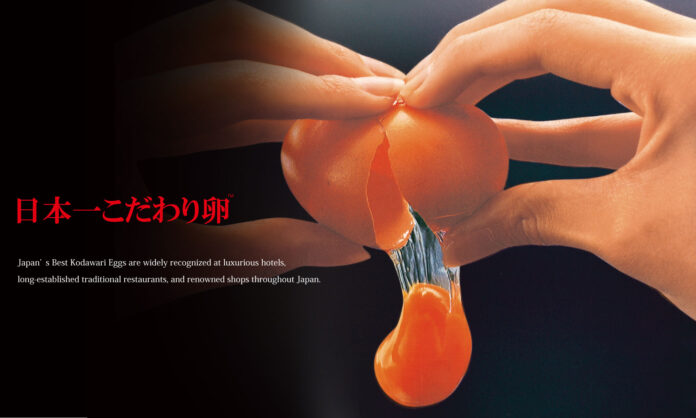What is Kodawari ? And how it is termed as the path to achieve greatness in your work !
May be this is a new word for you.
Kodawari is a Japanese term that can be translated as ‘relentless pursuit to the path to greatness or perfection’.
A story from childhood days of Steve Jobs, the founder of Apple !
Before Steve Jobs became the founder of Apple, he was a middle-class kid growing up in California, being raised by his adoptive parents Paul and Clara Jobs.
Paul, a mechanic, had a lasting impact on Jobs’ philosophy around design, and his endless pursuit of perfection — qualities that would come to define his career and success with Apple.
Growing up, Jobs once helped his father build a fence (boundary-wall) around their family-home.

While working, Paul shared a piece of advice with Jobs: “You’ve got to make the back of the fence, that nobody will see, just as good looking as the front of the fence. Even though nobody will see it, you will know, and that will show that you’re dedicated to making something perfect.”
The idea stuck with Jobs.
Application of Kodawari
While at the helm of Apple, Jobs insisted that every element of the Macintosh computer be beautiful, down to the circuit boards inside.
“Look at the memory chips. That’s ugly. The lines are too close together,” Jobs said of the circuits in Isaacson’s biography.
When the computer was finally perfected, Jobs had the engineers’ names engraved inside each one. “Real artists sign their work,” he told them.
“He made sure that the screws inside the machine had expensive plating,” Isaacson wrote of Jobs’ NeXT computers. “He even insisted that the matte black finish be coated onto the inside of the cube’s case, even though only repairmen would see it.”

For Jobs, the philosophy was not about impressing other people.
It was about holding yourself accountable for the quality of your work. It is just another example of Kodawari , the word meant for the pursuit towards the path to greatness.
“When you’re a carpenter making a beautiful chest of drawers, you’re not going to use a piece of plywood on the back, even though it faces the wall and nobody will ever see it,” Jobs told Playboy in 1985. “You’ll know it’s there, so you’re going to use a beautiful piece of wood on the back. For you to sleep well at night, the aesthetic, the quality, has to be carried all the way through.”
Kodawari -What it means?
What Steve Jobs referred to in his interview has a word in Japanese: kodawari.
Kodawari has been translated as “the uncompromising and relentless pursuit of perfection”.
It means that there are no shortcuts taken in crafting the best possible experience.
This also means the absence of superfluity and wastefulness. It means quality first, always.
If anyone has seen the popular documentary ‘Jiro Dreams of Sushi’ they can see the intensity with which many Japanese people value this adherence to the highest standard.
In the film, we learn about one of the greatest sushi chefs in Japan, 91 year old, Jiro Ono. He has been working on perfecting his craft since he was seven to get as close to mastery as he possibly can.
Kodawari -Key Learnings
I think there is a lot to learn from the concept of kodawari in Japan.
It doesn’t just alter our decision making framework, it displaces it entirely.
Instead of asking ourselves, how can we get this done most efficiently, we could ask, how can we get this done to the highest possible standard?
In life, there are no shortcuts.
A relentless pursuit of perfection, attention to detail, and meticulous craftsmanship are the minimum requirements if you want to be great.
In today’s fast life, efficiency, output, and scale dominate the economic & social landscape.
The prevailing belief is he who can deliver more, at a faster rate, wins. But what if you took a step back and focused solely on mastering your craft?
Kodawari is a powerful mental framework, allowing you to do just that. Rooted in the belief that quality is more important than quantity over time. Kodawari requires we hold ourselves to the highest standard, even when it’s more than the market requires.
Many of the foremost innovators of our time embody this mind-set.
Steve Jobs, Elon Musk, Jeff Bezos, all are men of Kodawari. It has been their way of life.
Driven not solely by competition, but by their own obsession of creating the best possible products and businesses.
It just so happens, when your goal becomes to create your personal best, you begin to outpace the competition as well.
True practitioners of Kodawari understand, they will never be “done.” Each new product is simply the next iteration on a never-ending path toward greatness.
While perfection is the ultimate goal, Kodawari understands it can never be reached.
It is in this understanding, the true genius of the philosophy lies. Although it may not be achieved, you pursue it nonetheless.
Steve Job’s “reality distortion field” is another amazing example of living with a Kodawari mindset.
Utilizing a combination of charm, charisma, and bravado, Job’s convinced people they were capable of more than they thought possible. And taught them to settle for nothing less.
Here’s one more example from Steve’s life .
This story also emphasises about kodawari -the path to greatness.
In 2006, Job’s became concerned the plastic used for the iPhone screen would scratch or crack too easily. Instead, he insisted on using glass.
Learning of a new “Gorilla Glass” being produced by Corning, Jobs flew to New York to meet with then CEO, Wendell Weeks.
He found what he was looking for. Corning’s product would work, but they weren’t set up to mass-produce & feared they would be unable to meet demand.
Undeterred, Job’s placed a large order for the glass anyway, famously telling Weeks, “Don’t be afraid. You can do this.”
The rest is history. Corning produced the product and Job’s got his glass.
In the face of doubt, uncertainty, and disbelief, he remained committed to his own standards.
Elon Musk (Tesla) and Bezos (Amazon) have plenty of their own examples as well.
Kodawari forces you to constantly adapt and improve, never becoming satisfied.
Bezos once said, “One thing I love about customers is that they are divinely discontent.” “Yesterday’s ‘wow’ becomes today’s ‘ordinary.”
So how does this apply to our own lives?
In short, Kodawari can be defined as an unflinching requirement to produce our personal best.
True fulfillment is found not in meeting the expectations of others, but in setting your own standards and working tirelessly to exceed them.
Let me end this with a quote from the co-founder of Rolls-Royce:
“Strive for perfection in everything. Take the best that exists and make it better. If it doesn’t exist, create it. Accept nothing nearly right or good enough.”
That is Kodawari -the path to greatness.
If you liked this article, you might like watching Jiro Dreams of Sushi , it is available on Netflix . You can have a glance of the same in this short clip.
And if you wanna read about certain challenges towards reaching kodawari-level, challenges on the path to greatness, you should click on ‘You must do boring things’.
30 claps





Very aptly described what makes people achieve greatness is their pursuit for perfection..
Great sharing, Pran ji
Amazing to read and lot to learn from this.
KODAWARI challenge.
Thanks Pran Sir for enlightens with such good thoughts